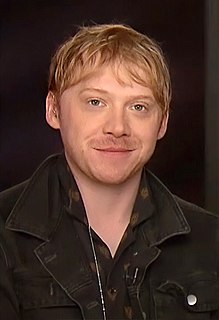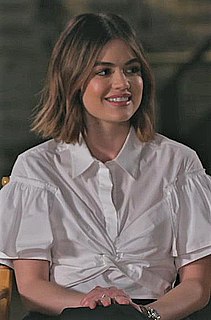A Quote by Elizabeth Lesser
Some people, who are deeply involved in an organized, traditional religion, find it very difficult to accept that their way isn't the only way. And that their sacred text isn't the only text and it must be taken literally.
Related Quotes
With Orff it is text, text, text - the music always subordinate. Not so with me. In 'Magnificat,' the text is important, but in some places I'm writing just music and not caring about text. Sometimes I'm using extremely complicated polyphony where the text is completely buried. So no, I am not another Orff, and I'm not primitive.
With vocal and choral music, first and foremost, it's the text. Not only do I need to serve the text, but the text - when I'm doing it right - acts as the perfect 'blueprint', and all the architecture is there. The poet has done the heavy lifting, so my job is to find the soul of the poem and then somehow translate that into music.
The discourse on the Text should itself be nothing other than text, research, textual activity, since the Text is that social space which leaves no language safe, outside, nor any subject of the enunciation in position as judge, master, analyst, confessor, decoder. The theory of the Text can coincide only with a practice of writing.
We must be forewarned that only rarely does a text easily lend itself to the reader's curiosity... the reading of a text is a transaction between the reader and the text, which mediates the encounter between the reader and writer. It is a composition between the reader and the writer in which the reader "rewrites" the text making a determined effort not to betray the author's spirit.
The inspiration is all in the script, in the text. So whatever it is, either it is a film or a book to be illustrated, anything. Everything you need to know is in the text. So the thing is trying to find right tone and voice, the right style, the right way of expressing the emotions in a story or in the location of the story, but it is all in the text.
Jazz musicians like John Coltrane needed these very clear titles for their abstract music, and your decision to bring voices into your music as a way to tap into content. It's related to the way my text-based work still functions as abstraction for me. If I repeat a sentence down a canvas, the text starts to smudge and disappear. It essentially becomes an abstract piece. The meaning of the text is still there.
I overanalyze things way too much, to the point where it affects my life. Like, when I'm talking to a boy, I'll overanalyze a text message he sent. And I have to think to myself, 'Just chill out. Some guy sent me a text message. That's all. Don't read something into it that's not there. Just be glad he sent you a text message!'



































